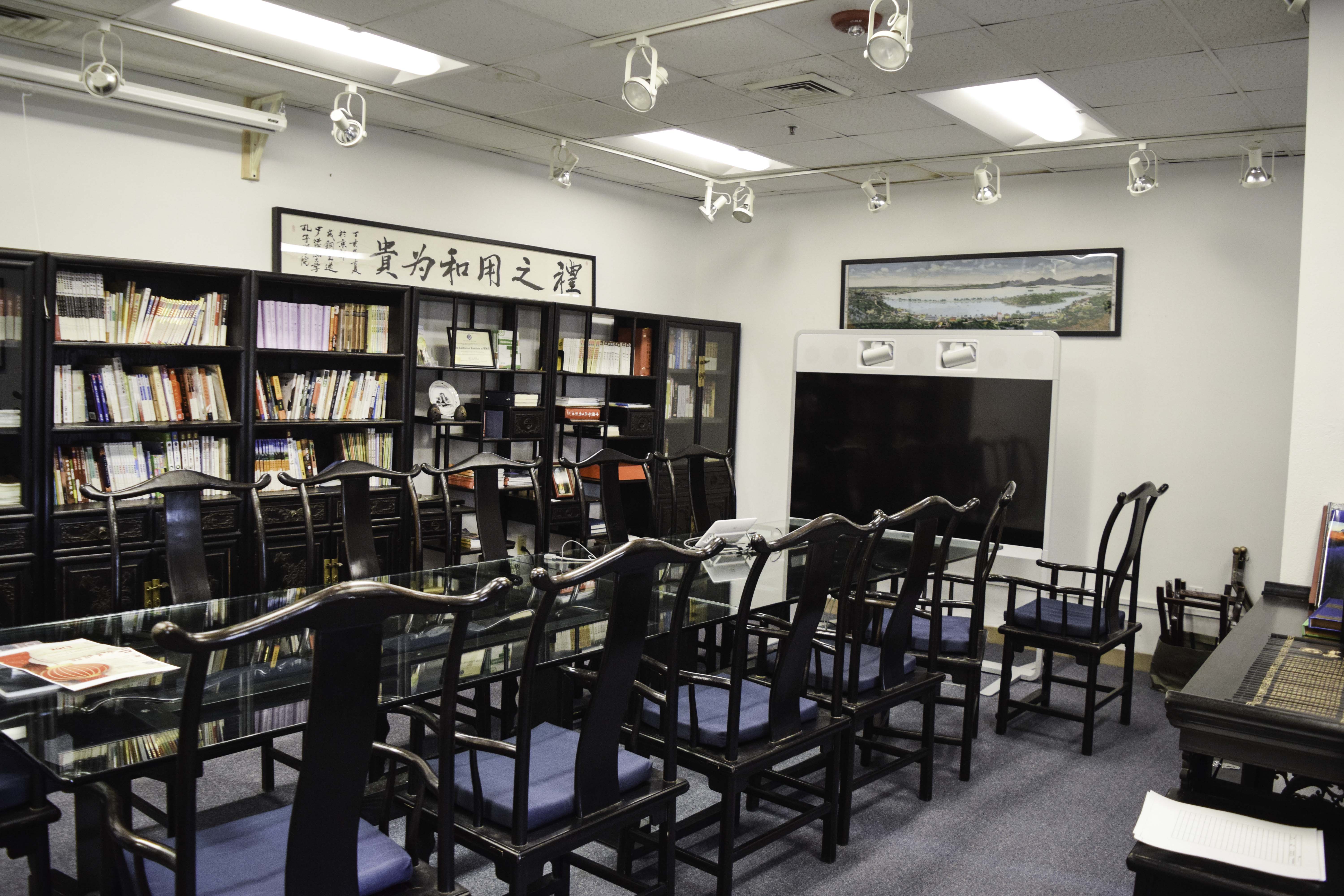Anna
The University of Rhode Island will officially dissolve its partnership with the Confucius Institute this May as federal law prohibits funding to universities that host it.
The Confucius Institute is an educational organization affiliated to China’s Ministry of Education. The organization partnered with URI in 2007 to promote the Chinese language and culture, and to provide global opportunities for students and faculty.
The Confucius Institute at URI will be dissolved due to the need to abide by a federal law that prohibits federal funds to support a Chinese language program at a University that hosts a Confucius Institute.
“In order for us to be consistent with the intent of the United States John McCain National Defense Authorization Act, which had some specific limitations,” Clifford Katz, the acting director of the Confucius Institute at URI, said. “We decided on Dec. 1 that we were going to dissolve our Confucius Institute and terminate our relationship with the Chinese organization known as Hanban, that supports Confucius Institutes.”
The John McCain National Defense Authorization Act is a federal law which states the budget, expenditures and policies of the U.S. Department of Defense for fiscal year 2019. According to the National Defense Authorization Act, “none of the funds authorized to be appropriated by the act may be obligated or extended to support a Chinese language program at an institution of higher education that hosts a Confucius Institute.”
Due to the government’s concern about Chinese influences on American campuses, the act has a provision barring U.S. universities from using federal funding to support any program involving Confucius Institutes.
Any external and unsupported statements regarding Chinese propaganda through the Confucius Institute were also dismissed by URI representatives. Katz said that there was no evidence of Chinese propaganda that was coming into URI through the Confucius Institute.
“We have no evidence of that occurring in the University and the University has managed its Confucius Institute consistent with U.S. federal government, state,
According to the official statement released by URI’s Director of Communications and Marketing, Linda Acciardo, “The University determined that there are too many challenges to overcome in order to renew the agreement with the Confucius Institute.”
The challenges not only included adhering to the guidelines of the National Defense Authorization
“Our challenge was that not only did we have a Confucius Institute, but we also had a United States Language Flagship Program, which is funded by the U.S Department of Defense,” Katz said. “Basically, the act was saying that we could not have both if we wanted to continue the flagship program.”
The Chinese program under the Confucius Institute is much different than the U.S. Chinese Flagship Program. The latter is one of only 12 programs in the country designed e
“The Confucius Institute primarily focuses on kindergarten to 12th grade,” Katz said. “With the combination of the two, we covered many grades, from [kindergarten] through undergraduate. If we had to choose between K-12 or undergraduate studies, obviously we would continue with our undergraduate education and with our government’s funding for the U.S. Chinese Flagship Program.”
The University does not find it necessary to replace its partnership with the Confucius Institute as its dissolution did not significantly affect its students or faculty members.
“It is not going to impact our students at all,” Katz said. “We have continual funding through the next year through the U.S. Chinese Flagship Program and we will be applying for another two or three year grant in 2021. It is our hope to continue a very robust Chinese Language Program in partnership with the U.S. Government.”





